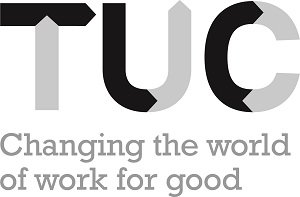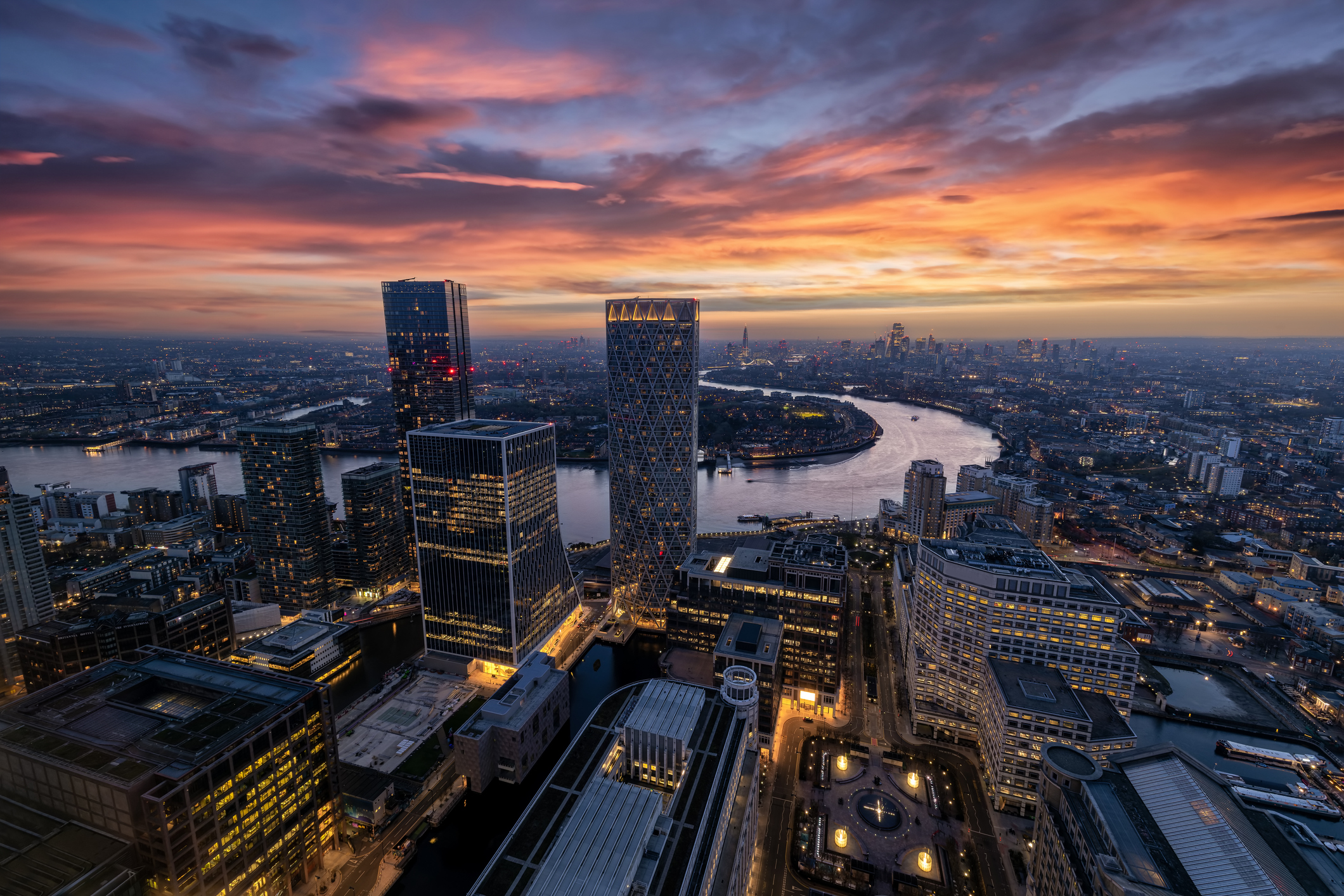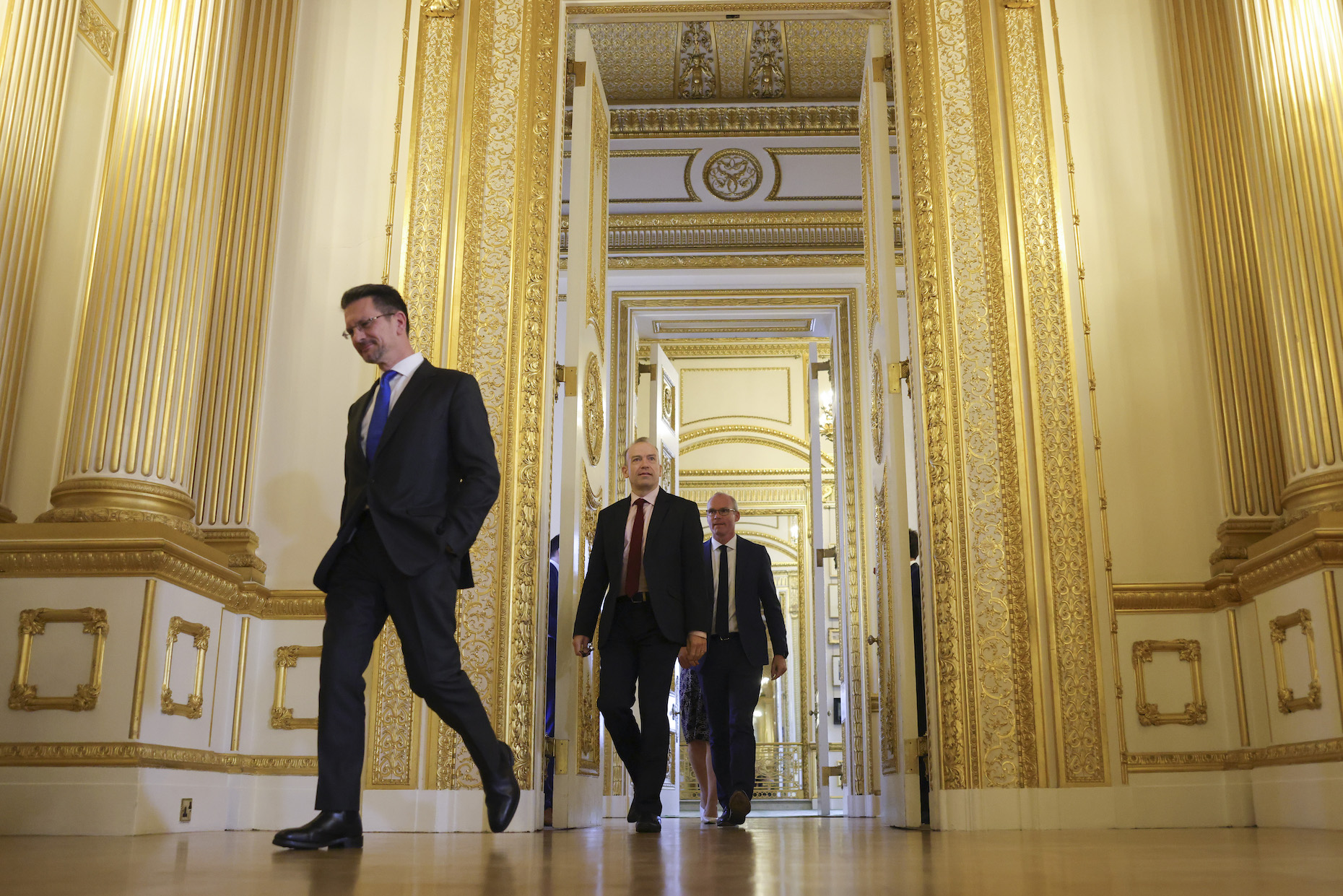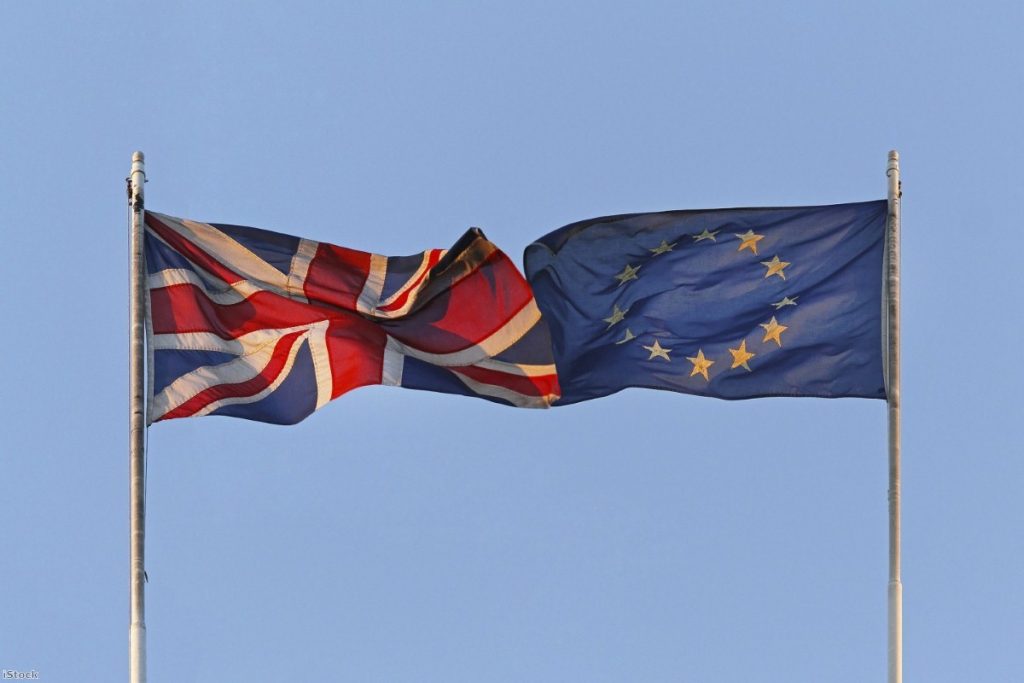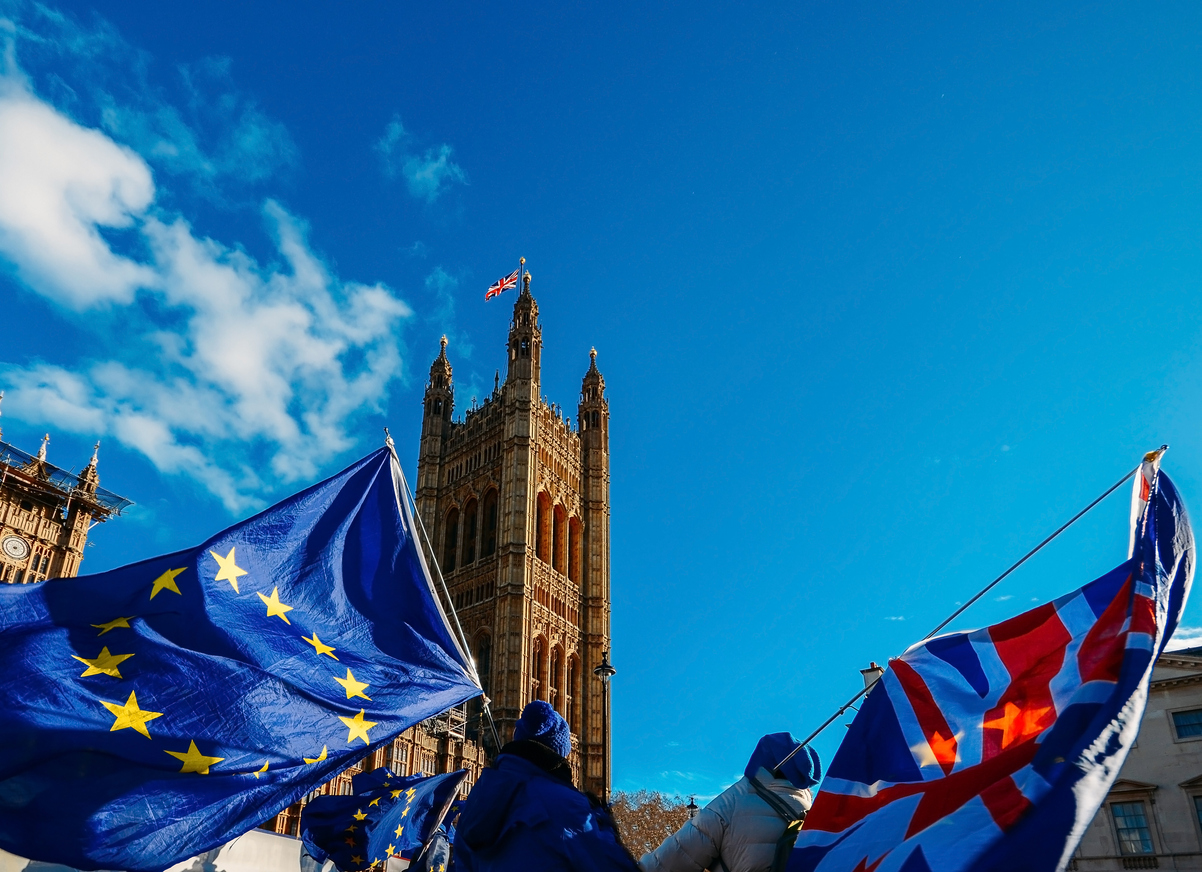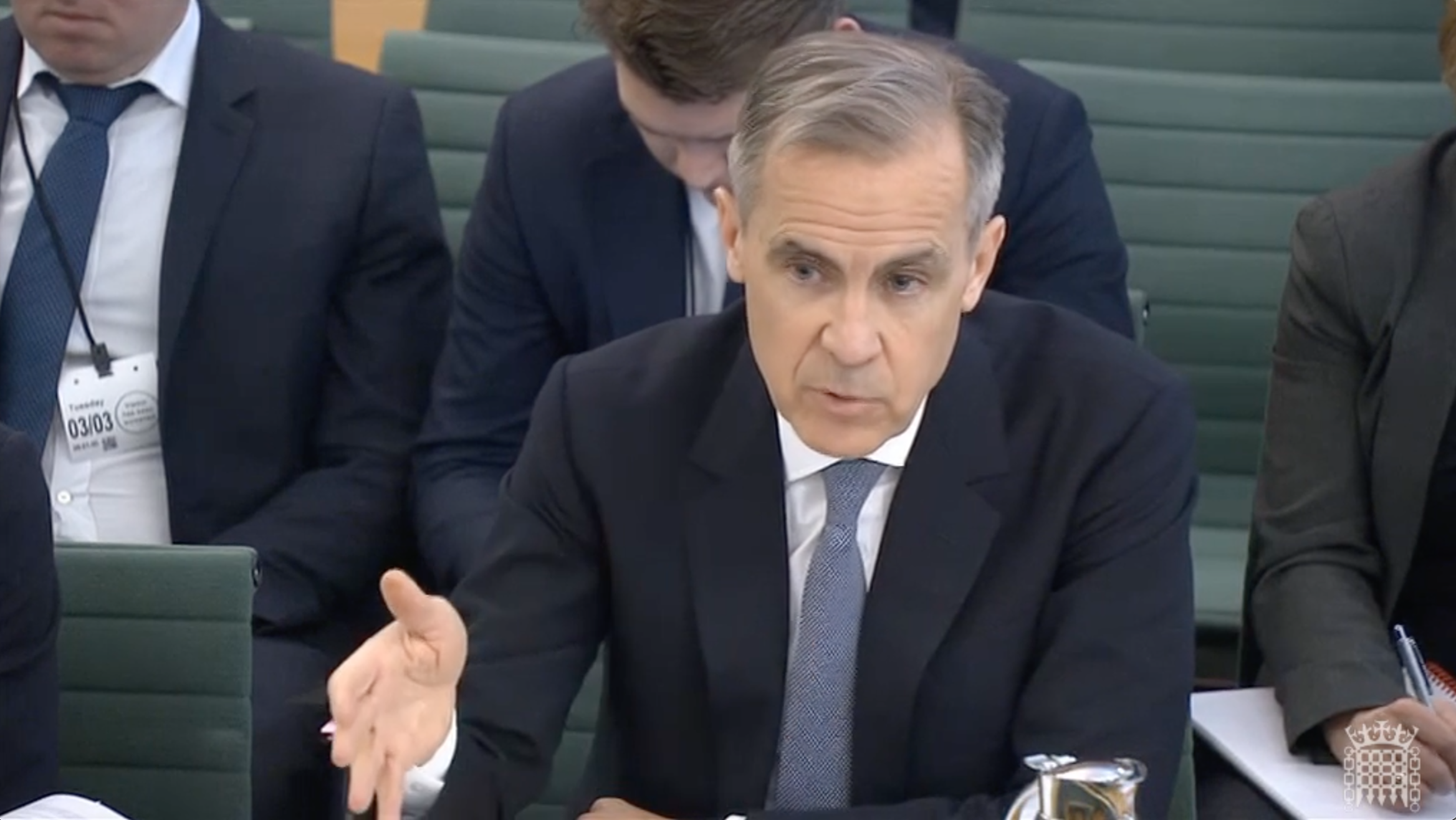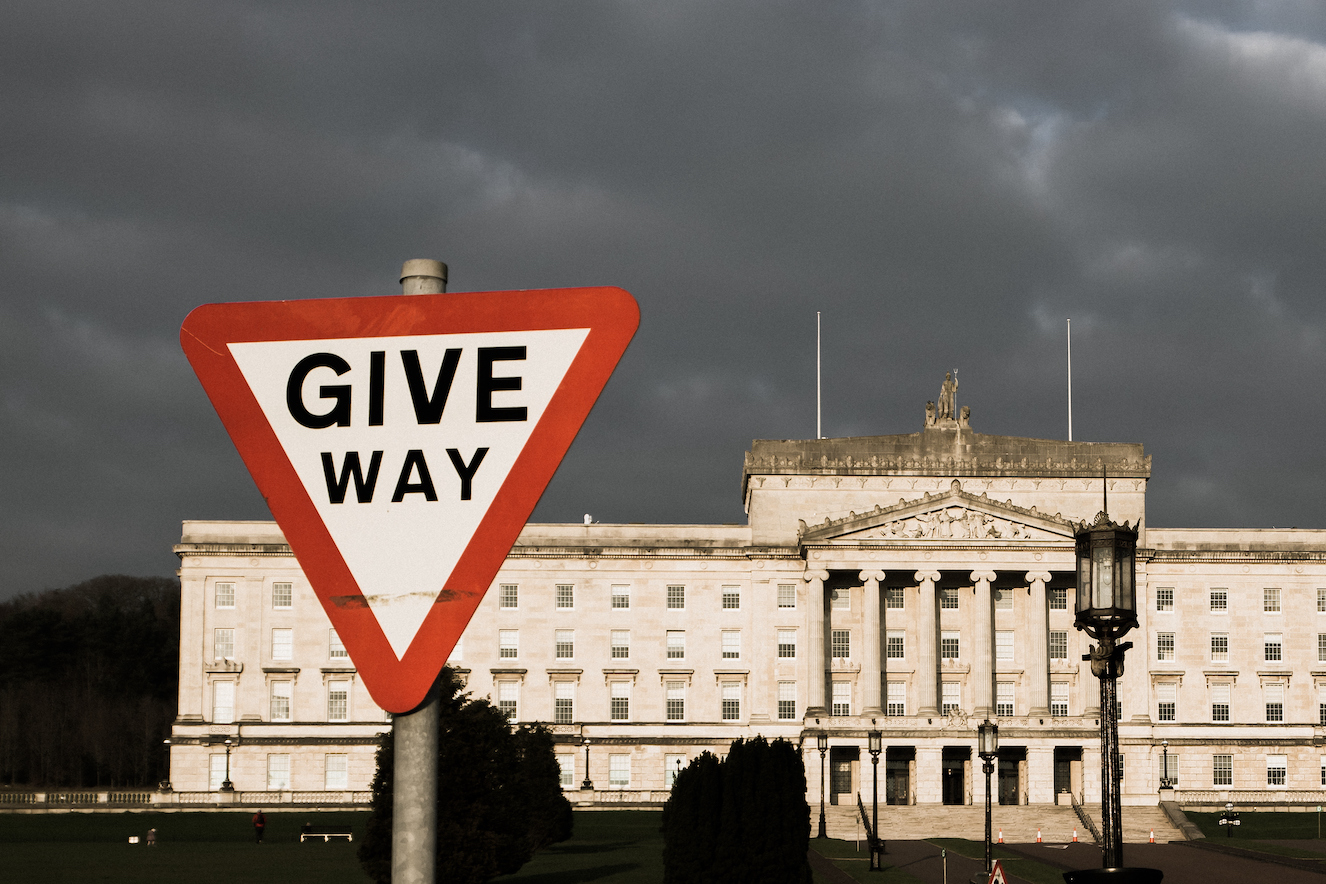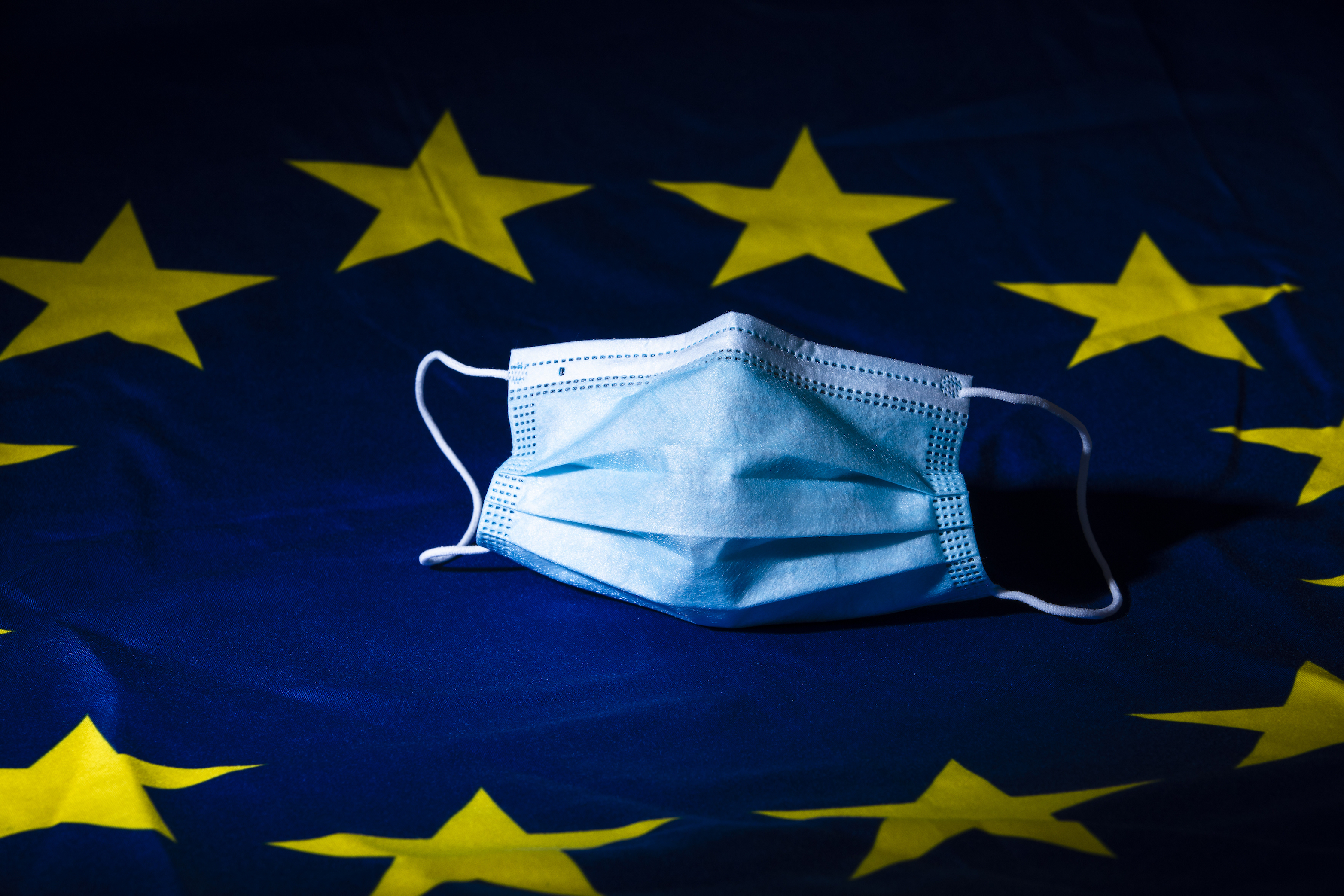Having served as Deputy Speaker to John Bercow from 2010-2019 and as the MP for Chorley in Lancashire since 1997, Sir Lindsay Hoyle now sits as the 158th Speaker of the House of Commons.
Sir Lindsay was first elected to parliament as a Labour politician and is one of only 3 individuals to have been elected as Labour MP in the past who have never revealed how they voted in the Brexit referendum.
This begs the unanswered question – Did Sir Lindsay Hoyle support Brexit.
Lindsay Hoyle as Speaker
It is fact that doubtless the Sir Lindsay’s perceived lack of affiliation to a particular side in the Brexit debate helped build Sir Lindsay’s strong cross-party support ahead of his election in 2019 as Speaker.
As Speaker of the House since 2019, and deputy speaker since 2010, Sir Lindsay has led Parliament through a number of fearsome votes on Brexit. By convention, both Speakers and Deputy Speakers refrain from voting on any motion in the Commons.
His predecessor as Speaker of the House was John Bercow, who was frequently accused of blocking Parliament and being a “Remainer” during his ten year spell in the chair.
Since leaving his position as Speaker Mr Bercow has been critical of the Government and joined the Labour partyin 2021, having previously had Conservative affiliations dating back to the 1980s. Upon joining Labour, Mr Bercow accused the Conservative party — then led by Boris Johnson — of being “reactionary, populist, nationalistic and sometimes even xenophobic.”
Upon his election in 2019, Sir Lindsay vowed to transform a “toxic Parliament”.
Lindsay Hoyle’s previous views on the EU
According to the site The Public Whip, as a backbench MP from 1997-2010, Lindsay Hoyle has voted both ways on European Union integration.
However, he was one of 18 Labour MPs to vote against the Lisbon Treaty in 2008. Among the other rebels were Jeremy Corbyn, John McDonnell, and Dennis Skinner.
The treaty established a permanent President of the European Council, gave new powers to the EU over justice and home affairs and removed the national veto in some areas such as energy security and emergency aid.
Sir Lindsay is also a former member of the European Scrutiny Committee, serving from 2005 to 2010.
In a June 2008 committee evidence session, Sir Lindsay asked one witness: “which do you think is more democratic, the Chinese Government or the [European] Council?”.
In another exchange, in which a witness began: “The fact is 19 Member States have ratified [the Treaty of Lisbon] — …”, Sir Lindsay interjected: “Not by the people”.
He later said on the Treaty: “This is a federal agenda that is not acceptable, and therefore really what should happen, [is] it should go to the public and let them decide whether they want to become a federal state of Europe or whether they want to remain within their own sovereign parliaments, and that will be the way forward. If it all came out as a vote yes, no arguments, but when it is no, please accept people do mean no and it does not mean yes”.
Sir Lindsay is a known friend of Gibraltar, the British overseas territory located at the southern tip of the Iberian Peninsula. During a three-day visit in December 2021, he was installed as Chancellor of the University there. He is also currently the President of the All-Party British Gibraltar Group in Parliament (of which his father, Lord Hoyle, is the Treasurer) and a Vice Chair of the All-Party British Virgin Islands Group.
Sir Lindsay said on his 2021 visit to Gibraltar: “My association with and love for the Rock preceded me becoming an MP, and was sparked by my father Doug, whose efforts to raise its voice on the world stage earned him the Freedom of Gibraltar in 2004.”
Lindsay Hoyle’s constituency
Sir Lindsay’s Lancashire constituency backed Brexit by 57% to 43% of the vote. Had he remained a Labour MP, Hoyle‘s seat might well have been in jeopardy in the 2019 General Election. A number of the surrounding MPs in this part of the north west lost their seats to the Conservative Party.
However as it turned out, Hoyle was elected Commons speaker shortly before the 2019 Election, and as per the normal convention, his seat was then not contested by the other major parties. These electoral dynamics may of course themselves have had an influence on Sir Lindsay’s public statements around Brexit.

